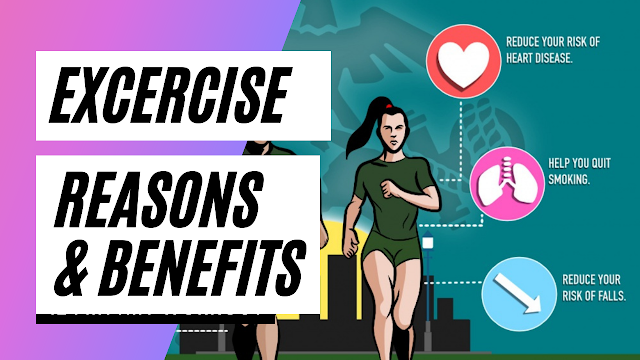Nutritive Components:
Nutritive components of diet are those components which provide energy or calories. There are various nutritive components of diet which are described below.
1. Protein:
The word ‘protein’ is derived from the Greek word ‘Protias’. Its meaning is “the best substance from foodstuffs.” Protoplasm is formed by the protein, which is the base of living cells. The maximum amount of protein is found in the tissues of our body. Besides this, protein is also found in blood, secretion of endocrine glands, bones, teeth and in delicate tissues. Among energy producing food substances, protein is the only constituent in which chemical elements of nitrogen, Phosphorus and sulphur are found. If we take less amount of protein in our food, our physical growth and development will be retarded. Protein promotes cell growth and repair.
Sources of Protein:
There are two sources of protein, one is Animal protein and second is Vegetable Protein. Animal protein is found in eggs, milk, meat and fish. Vegetable protein is found in various types of pulses and beans, soybean, mustard, nuts,etc.
2. Carbohydrates:
Carbohydrate is also an essential nutritive component of food. Carbohydrate is also compound which is formed by the chemical composition of the carbon, hydrogen and oxygen. Carbohydrate acts like a fuel in our body. It provides energy e and helps in the formation of fats. People who indulge in hard work, need maximum amount of carbohydrate. Lack of carbohydrate in the body reduces the weight of an individual.
Sources of Carbohydrates:
Generally carbohydrate is found in rice, maize Bajra, pulses, gram, dry pea, dates, grapes, potato, banana, sugar, etc.
3. Fats:
Fat is an essential nutritive component of food. Fat is also a compound. It is made up of carbon, hydrogen and oxygen. Fat provides heat and energy to the body. It also helps in regulation of body temperature. It is helpful in making the body soft and smooth and protect the body from the extreme effects of hot and cold climates. For the purpose of energy, fat is considered better than carbohydrate. If it is used with carbohydrates in food, fat can be digested easily as well as rapidly.
Sources:
There are two sources of fat, one is animal source and other is vegetable source. Animal source includes butter, cheese, curd, fish oil, milk, meat and eggs. Vegetable source includes sweet potato, corn, dry fruits, coconut, soybean, food grains, etc.
4. Vitamins:
Vitamins are important nutritive components of food just like protein, carbohydrate and fat. Vitamins are vital for healthy life. Vitamins protect us from various types of diseases. In fact, vitamins increase immunity in our body against diseases. They also contribute in the general development of body. If our diet lacks in various vitamins, we may suffer from different deficiency. Although, we need these vitamins in less quantity, there are essential for leading a healthy life.
Sources:
Vitamins are found in milk, fish, ghee, meat, curd, eggs, green vegetables, oranges, sunlight, dry fruits, nuts, green peas, wheat, potato, tomatoes, cream, butter, groundnut, rice, lemon, turnip, pineapples, etc.
5. Minerals:
Minerals are very important nutritive components of food. They are helpful for health and general development of the body, proper functioning of the muscles, formation of teeth, clotting of blood, and in maintaining the balance of acid and base in the body. Some of the minerals are calcium, potassium, iodine, iron, sodium, phosphorus and sulphur.
Sources:
Minerals are found in eggs, meat, fish, rice, spinach, milk and milk products, carrot, iodized salt, orange, banana, tomatoes, cabbage, beetroot, apple, pulses, cereals, etc.
Thank you for visiting.





Comments
Post a Comment